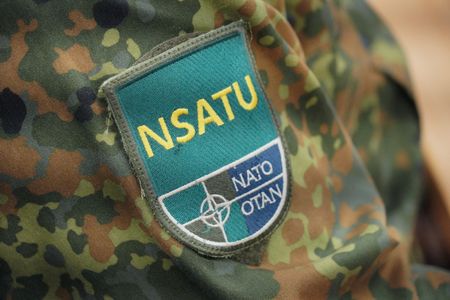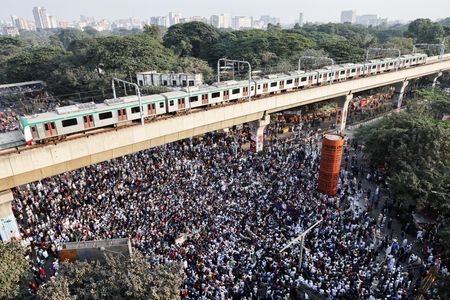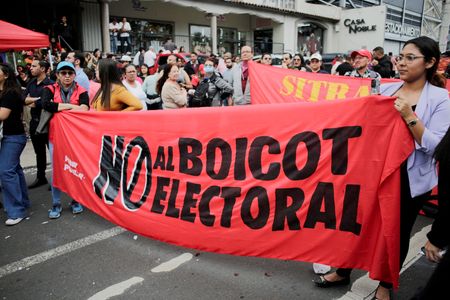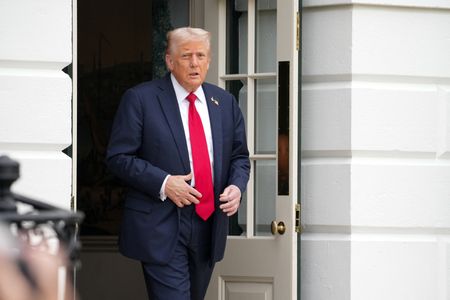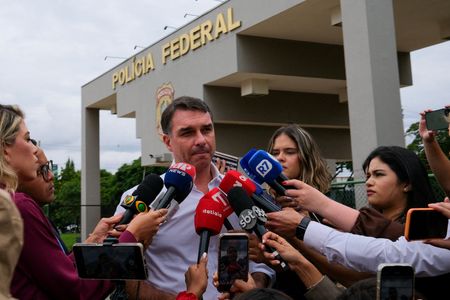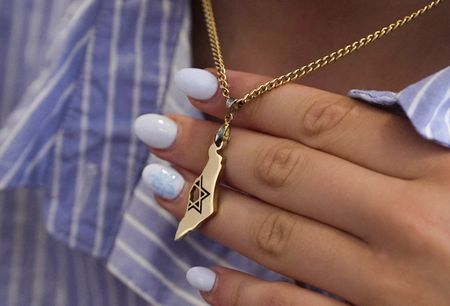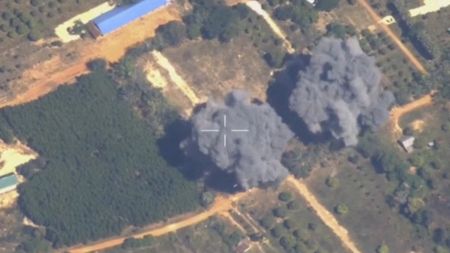By Hyonhee Shin
SEOUL (Reuters) – A South Korean court on Friday ruled that large shops and teenagers should be temporarily excluded from COVID-19 vaccine pass mandates in the capital Seoul, part of an intensifying legal fight over one of Asia’s strictest vaccination policies.
A group of more than 1,000 doctors, professors and ordinary citizens filed for an injunction last week against Seoul’s mayor to suspend the mandates, which require vaccination passes or testing for entry to most public facilities except for schools.
An administrative court in the capital said department stores, supermarkets and shops in Seoul that have 3,000 square meters (32,300 square feet) or more of space should be exempted.
The court said the mandate should not apply to teenagers using any Seoul-based facilities.
The health ministry said it regretted the decision and would provide a formal response after an intra-agency meeting on Monday. Officials have said the policy was intended to protect unimmunised people, not force vaccination or discriminate against them.
The ruling marks an increasingly heated legal battle over South Korea’s vaccine mandates.
Last week, the court ordered https://www.reuters.com/world/asia-pacific/skorea-appeal-court-order-exempting-private-schools-vaccine-passes-2022-01-05 private education facilities such as cram schools, tuition centres and study cafes be exempted.
The government then appealed the decision.
The mandate at large grocery stores is “excessive,” the court said in the ruling, citing their necessity in daily lives and relatively low chances of coronavirus transmission.
It also said the mandate for teenagers lacked “reasonable grounds” given their significantly low rates of serious illness and deaths from COVID-19.
Earlier on Friday, the government extended tougher social distancing rules for three more weeks amid concerns about the highly contagious Omicron coronavirus variant ahead of the Lunar New Year holidays.
The curbs were restored a month ago just six weeks after being eased under a “living with COVID-19” scheme, as new cases and critically ill patients threatened to saturate the medical system.
Daily tallies have dropped since, with 4,542 new cases for Thursday from a peak of almost 8,000 in mid-December, but the downward trend appeared to bottom out this week. Total infections rose to 683,566, with 6,259 deaths.
The extended curbs include a 9 p.m. curfew for restaurants, cafes and bars.
Omicron’s share of domestically transmitted infections has reached 20% in just two weeks, and it will become dominant within two weeks, possibly sending daily tallies up to an unprecedented 20,000 in February and 30,000 in March without stricter curbs, officials said.
The Lunar New Year break begins on Jan. 29, and normally tens of millions of Koreans would travel country-wide for family gatherings during one of the country’s main holidays.
Nearly 95% of South Korean adults have been fully vaccinated and more than 50% have received a booster shot.
(Reporting by Hyonhee Shin; Editing by Simon Cameron-Moore and Frank Jack Daniel)


